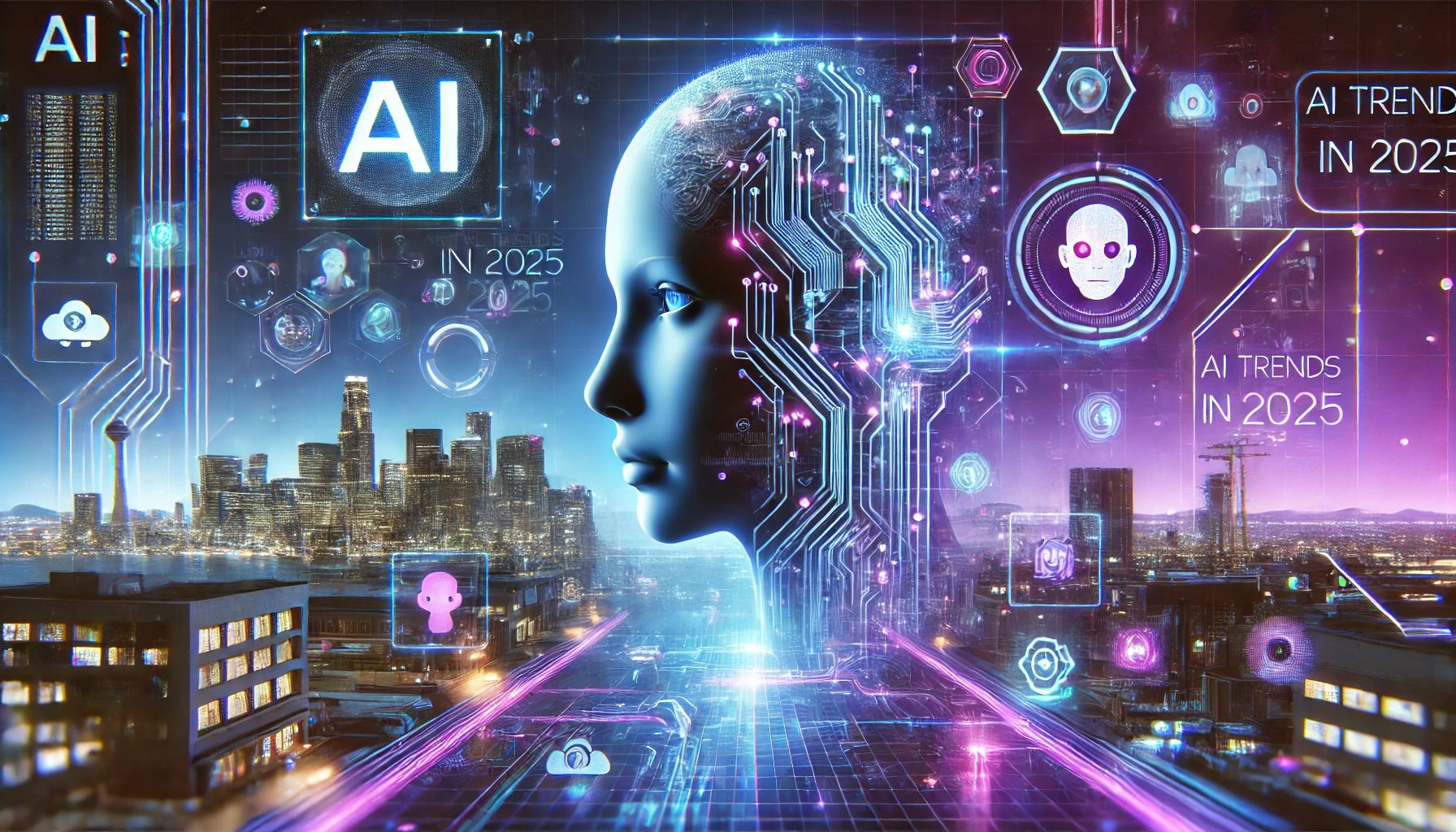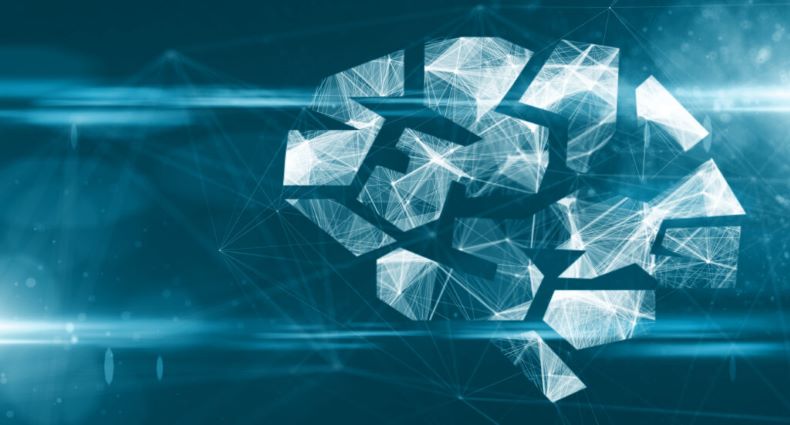Artificial intelligence (AI) and machine learning (ML) are rapidly transforming industries—driving innovation, streamlining operations, and empowering smarter decisions. As generative AI moves beyond experimentation into real-world impact, 2025 is poised to be a defining year. In this post, we explore the top AI trends to watch, from enterprise adoption to ethical challenges and evolving regulations.
1. Customized AI Models
As AI capabilities grow more advanced, businesses are moving beyond generic, off-the-shelf solutions. In 2025, customized AI models are emerging as a strategic advantage—tailored to an organization’s data, industry context, and security standards.
For example, in healthcare, a bespoke model can analyze specialized medical datasets to deliver accurate diagnostics while upholding strict privacy regulations. By building AI around their specific needs, companies can better serve niche markets, reduce dependence on third-party platforms, and maintain control over proprietary data. This shift toward hyper-targeted AI will play a critical role in driving innovation while protecting what matters most.
2. AI Governance & Shadow AI
As AI tools become more accessible, employees are increasingly experimenting with them outside of formal IT oversight—a trend known as shadow AI. While often well-intentioned, this behavior can introduce serious risks, such as the accidental exposure of sensitive or proprietary data.
In response, organizations are expected to strengthen their AI governance frameworks in 2025 by establishing clear policies, access protocols, and monitoring systems to minimize risk. These measures help ensure responsible AI use while supporting innovation and maintaining agility. With the right guardrails in place, businesses can protect critical data and foster a secure, innovation-friendly AI culture.
3. Retrieval-Augmented Generation (RAG)
One of the key challenges with large language models is their tendency to generate inaccurate or misleading content—often referred to as “hallucinations.” Retrieval-Augmented Generation (RAG) helps solve this by combining generative AI with real-time information retrieval.
Instead of relying solely on what the model was trained on, RAG enables it to pull in relevant, up-to-date data to support its responses. In areas like customer support, research, and technical documentation, this approach reduces errors and boosts confidence in AI-generated content. As accuracy becomes a top priority in 2025, RAG will play a critical role in ensuring AI systems remain both useful and trustworthy.
4. Multi-modal AI
Multi-modal AI is reshaping how machines process and interpret the world by combining inputs like text, images, and audio into a unified system. This powerful form of artificial intelligence enables deeper, more holistic analysis across industries.
In healthcare, multi-modal AI can integrate patient records, medical images, and genomic data to deliver more accurate diagnoses. In customer service, it supports richer, context-aware interactions. And in autonomous vehicles, it enables real-time processing of both visual and auditory cues.
As organizations explore advanced AI solutions in 2025, multi-modal AI will play a central role—unlocking new applications, enhancing user experiences, and driving smarter decision-making across sectors.
5. AI Ethical Concerns
As generative AI becomes more widespread, ethical concerns like deepfakes, misinformation, and identity theft are on the rise. To reduce risk, many organizations are turning to smaller, domain-specific AI models that operate within controlled, ethically manageable scopes.
In 2025, AI ethics and responsible AI practices will take center stage. Companies will prioritize transparency, secure model design, and user consent—key steps to building trust, maintaining compliance, and avoiding reputational damage from AI misuse.
6. Autonomous AI Agents
Autonomous AI agents are advancing beyond rule-based models, using real-time data to set goals and make decisions independently. This brings us closer to general AI and unlocks new possibilities for intelligent automation.
In 2025, industries like finance and logistics will adopt these agents to adapt to changing conditions, optimize operations, and manage complex tasks—boosting efficiency, accuracy, and scalability across workflows.
7. Open-Source AI
Open-source AI is gaining momentum as a flexible, cost-effective alternative to proprietary platforms. These frameworks enable developers to customize and scale AI models, accelerating innovation while lowering barriers to entry.
In 2025, industries like education and public health will benefit from more accessible AI solutions. For organizations, open-source AI offers faster deployment, reduced costs, and a growing global community driving continuous improvement.
Concluding Thoughts
As AI shifts from experimental to essential, 2025 will mark a pivotal year in its evolution. Organizations will prioritize ethical AI practices, sustainable computing, and emerging frontiers like quantum AI, which could transform fields from medicine to climate science. Looking ahead, AI’s impact will be both profound and far-reaching. Across sectors like healthcare, finance, and manufacturing, AI is set to redefine how businesses innovate, operate, and grow.
Looking to integrate AI into your business? Contact us to learn how we can help.


